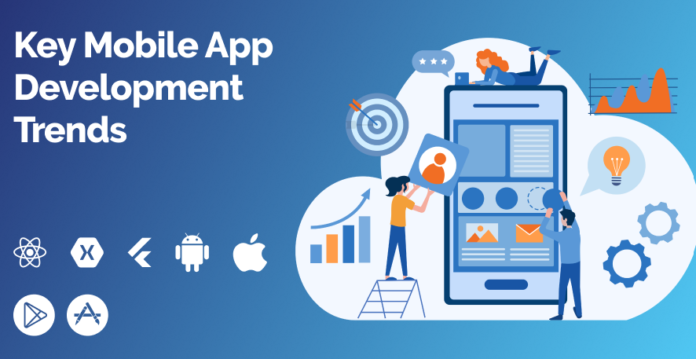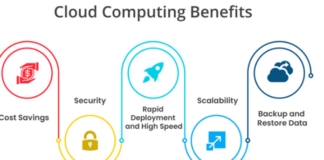Introduction
Mobile app development has become an integral part of business strategy as organizations strive to meet the growing demand for mobile solutions. With millions of apps available, understanding mobile app development is essential for businesses looking to enhance user engagement and drive growth. This article explores what mobile app development entails, its benefits, and current trends in the industry.
What Is Mobile App Development?
Mobile app development is the process of creating software applications specifically designed for mobile devices, such as smartphones and tablets. This development can involve creating native apps for specific platforms (iOS, Android), hybrid apps that work across multiple platforms, or web apps accessible through browsers.
Key Features of Mobile App Development:
- User Interface (UI) Design: Focuses on creating intuitive and visually appealing interfaces that enhance user experience.
- Functionality: Ensures that apps perform their intended tasks effectively and efficiently.
- Integration: Involves connecting the app with other services, APIs, or databases to enhance functionality.
- Testing and Deployment: Involves rigorous testing to identify and fix bugs before launching the app to users.
Benefits of Mobile App Development
- Enhanced User Engagement
- Mobile apps provide a direct channel for businesses to communicate with their customers, leading to increased engagement and brand loyalty through features like push notifications and personalized content.
- Increased Accessibility
- With mobile apps, users can access services and information anytime and anywhere, enhancing convenience and improving the overall customer experience.
- Improved Customer Insights
- Mobile apps can collect valuable user data, allowing businesses to analyze behavior, preferences, and trends. This information can inform marketing strategies and product development.
- Brand Recognition
- A well-designed mobile app can enhance brand visibility and recognition, helping businesses stand out in a competitive market.
- Monetization Opportunities
- Mobile apps offer various monetization strategies, such as in-app purchases, subscriptions, and advertising, providing businesses with additional revenue streams.
Current Trends in Mobile App Development
- Artificial Intelligence (AI) Integration
- AI is being increasingly integrated into mobile apps to provide personalized experiences, chatbots for customer service, and advanced data analytics.
- Augmented Reality (AR) and Virtual Reality (VR)
- The rise of AR and VR technologies is enhancing mobile apps in sectors like gaming, retail, and education, providing immersive user experiences.
- Cross-Platform Development
- Frameworks like React Native and Flutter are gaining popularity, allowing developers to create apps that work seamlessly across multiple platforms, reducing development time and costs.
- Focus on Security
- As concerns about data privacy grow, mobile app development is placing greater emphasis on implementing robust security measures to protect user information.
- Internet of Things (IoT) Integration
- Mobile apps are increasingly being designed to connect with IoT devices, providing users with greater control and insights into their smart devices and environments.
Conclusion
Mobile app development is a vital component of modern business strategies, enabling organizations to connect with customers and enhance their offerings. By understanding the benefits and staying informed about the latest trends, businesses can effectively leverage mobile technology to drive growth and improve user experience.
For the latest updates on mobile app development trends and insights into how to create successful apps, subscribe to our newsletter and join our community of tech enthusiasts!




